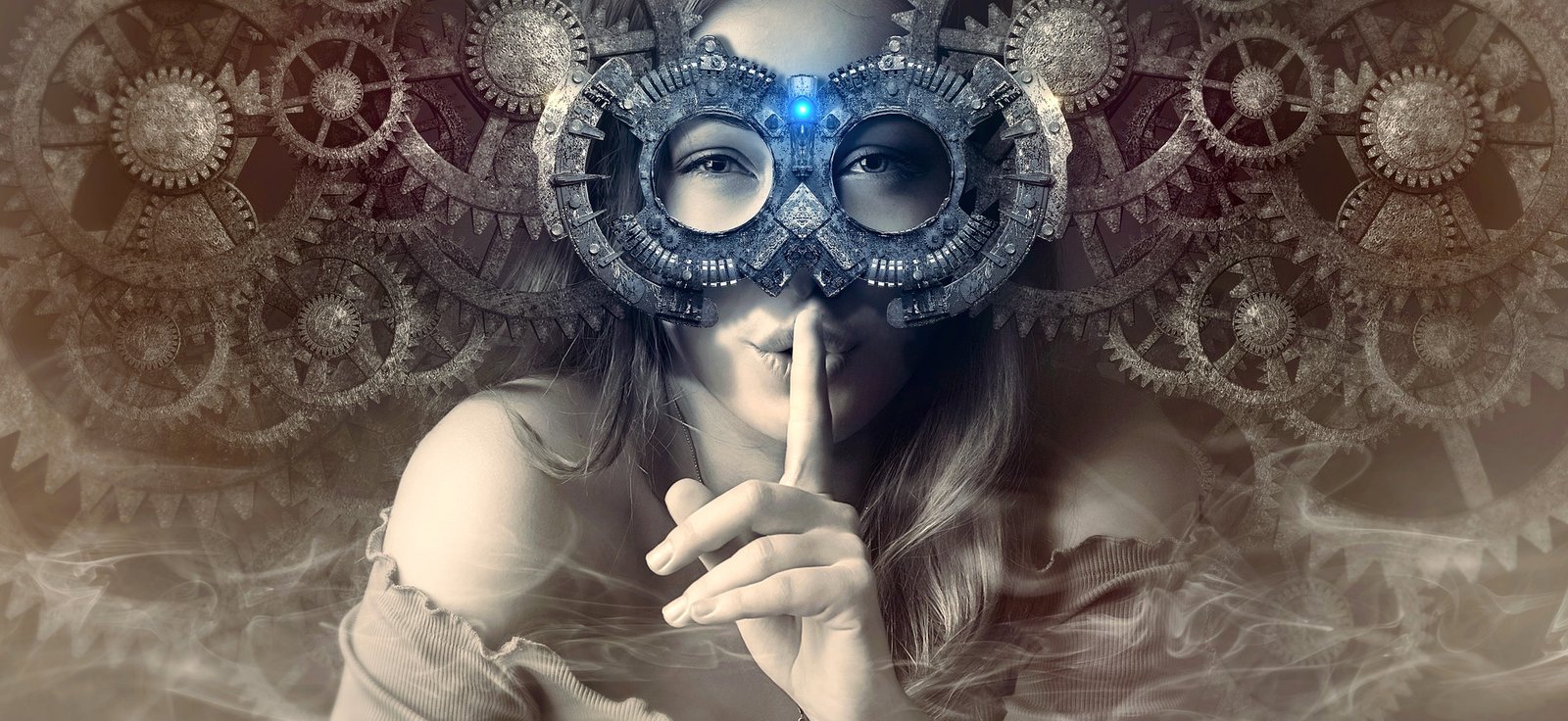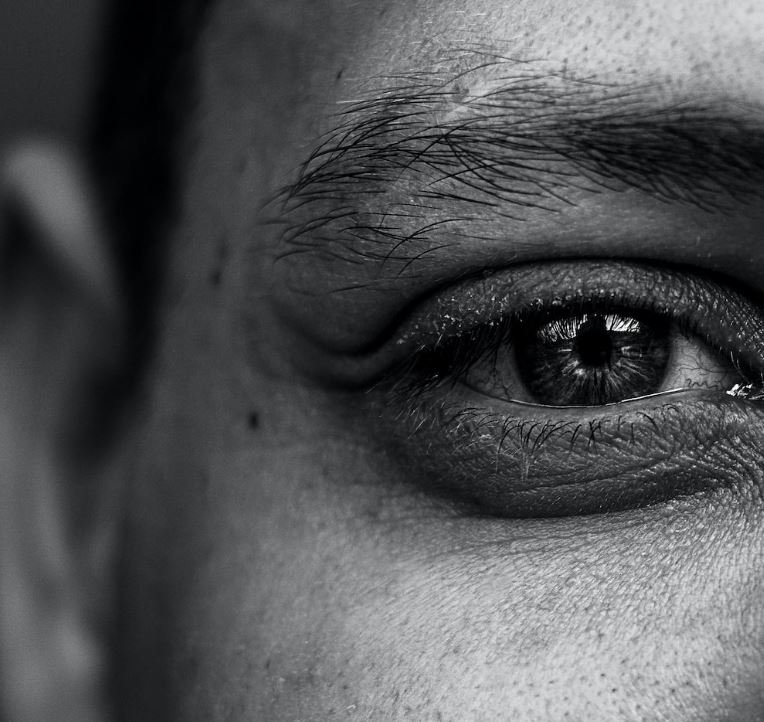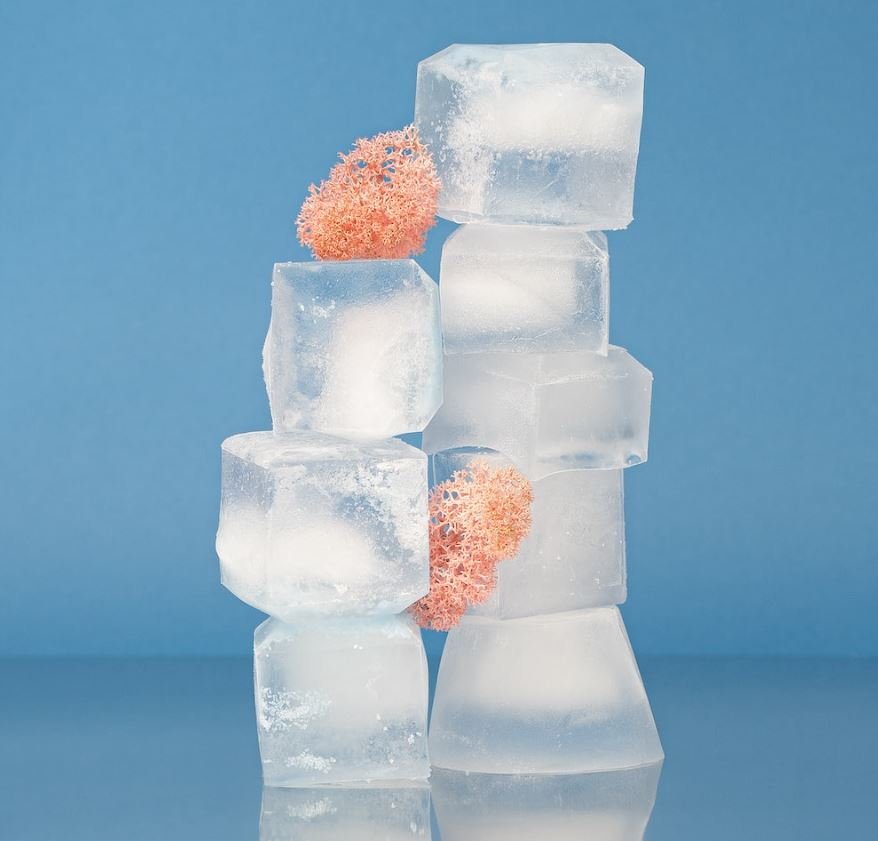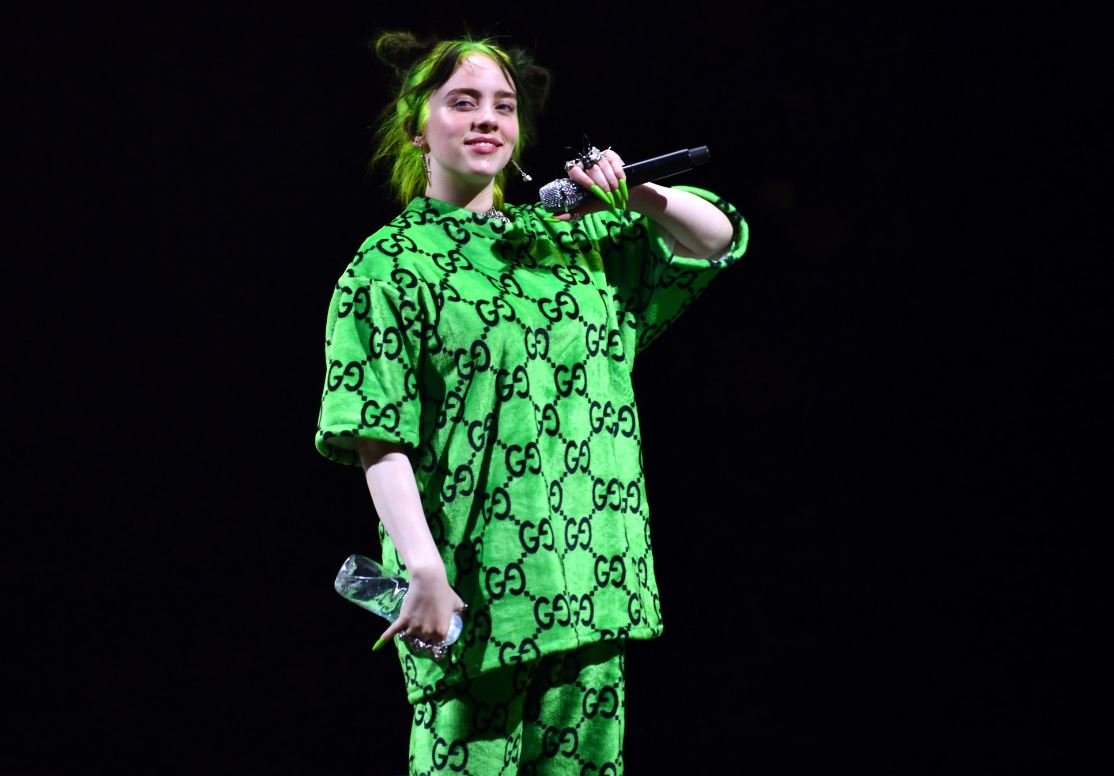
There is nothing novel about the fact that Beauty industry using technology (AI Beauty Tech). Nevertheless, technology has always been employed in the process of improving products.
KIKI Brand Using AI Beauty Tech
The new KIKI brand is causing a stir in the industry by putting customers in charge as co-creators and co-owners by utilising the capability of blockchain technology, AI Beauty Tech, to offer them a say in the launch of each product.
Jana Bobosikova, Co-Founder and CEO of KIKI, says, “We felt that there is a huge gap between how creative, cool, and expressive the digital world is, and how analogue the physical world of beauty can feel.”
We believed that the next innovative, expressive brand will emerge not from a focus group or a brand deck, but rather from an online video game’s chat feature using beauty tech.
In 2021, Bobosikova and her co-founders, Chief Marketing Officer Brendan Garner and Chief Creative Officer Ricky Chan, were speculating about the future of online and offline beauty and consumer companies when they came up with the concept for KIKI.
Bobosikova handled the business operations, while Chan and Garner handled the creative and digital product development for cutting-edge beauty and lifestyle companies, which is how the three of them crossed paths. The development of KIKI ideas and prototypes quickly progressed.
Giving Authority to Consumers via Beauty Tech
Putting greater power in the hands of the consumer through the Beauty tech method has always been the driving force behind KIKI’s mission. According to Bobosikova, “If you think about how the beauty business works today, brands create products on long, expensive cycles that can last anywhere from nine to thirty-six months. After that, they need to figure out how to market these products to customers through KOLs and third-party platforms.”
Rather than guessing what customers want, we’re giving them a say in the design of KIKI and rewarding them for their input at every stage of the process
KIKI’s first product is Pretty Nail Graffiti. “Nail colour is for everyone, and KIKI is inclusive,” says Bobosikova.
We offer a unique approach to nail polish with a peelable formula in a custom aluminium marker-type component, allowing for quick and easy colour changes.
Unique nail polish: Pretty Nail Graffiti. No nail polish smell and easy to apply on-the-go with its pen format. Shorter brush for easy single-hand application. Removing it is easy without damaging nails.
KIKI reduced plastic in packaging by 70% and switched to aluminium for nail products.
Joining is free and KIKI customers earn points in many ways. Pretty Nail Graffiti’s packaging is refillable and has an NFC tag for collecting points.
Customers get rewarded for voting on product attributes like colour and future product ideas in hair and skin categories. Customers can vote once a day and get double points if their chosen product is produced.
KIKI members earn points by inviting friends who join, vote, and purchase.
“We plan to introduce blockchain decentralisation later this year to enable true ownership on chain,” says Bobosikova. Regulatory framework is complex. We’re creating a digital protocol for users to own a product attribute they love.
Can Beauty Tech improve our perception of beauty?
Bold Glamour caused a social media storm when it launched on TikTok this year. The filter edits facial features in photos and videos with unsettling realism using machine learning and Beauty tech.
Social media users impressed by technology, but concerned about filters promoting unrealistic beauty standards.
Read more: Beauty on a Budget: Top Affordable Makeup Products for Beginners
Social Media and Filters via Beauty Tech
Digital filters and AR are now essential for online self-representation. 90% of UK young women use filters when posting selfies, with over half using them half of the time or more, according to City University of London in 2021. 80% of US girls distort their online appearance by age 13, per Dove Self-Esteem Project research.
Hannah Mauser from WGSN says growing up with social media has positives. She notes positive movements on TikTok like #AcnePositivity and #BodyHairPositivity that promote self-acceptance.
Florencia Solari is an AR technologist and filter creator. “Social media helped us see diverse beauty,” she said.
Instagram filters allow appearance experimentation. Not showing our face doesn’t always mean low confidence, it can be for experimentation.
Accessibility
Beauty industry created tech for people with disabilities this year.
Estée Lauder launched a makeup app for visually impaired people. App uses smart mirror to identify makeup and guide touch-ups.
AI and Increased Personalization
Olivia Houghton from The Future Laboratory said consumers want personalised technology.
She mentioned Trendio, a new beauty commerce app that offers personalised shopping. She said it provides live and pre-recorded videos to aid users in making informed purchasing decisions. Users can scroll through product videos, watching the ones they like.
Forthcoming Technologies that use Data & Analytics
Tech and data help beauty brands create ingredient formulations quickly based on shopper preferences. 3D printing can use consumer data to change the beauty industry. 3D printing can change how consumers buy beauty products by printing face masks, makeup, and foundation directly onto the face.
Microbiome research for skin health is ongoing. DNA data may be collected in the future to predict ageing and design preventative measures using skincare products.
UV ray triggers can activate longer-lasting and more effective smart sunscreen. L’Oreal is developing wearable sensors to monitor sun damage and skin pH levels.
Future Trends in the Beauty Industry via Beauty Tech
Beauty brands should consider trends and data when investing in R&D for new technologies, as younger brands become more creative and big brands make acquisitions.
Personalised products with algorithms and unique service can attract new customers. Companies can use data to address inconsistencies in customer beauty regimens by implementing loyalty programme options.
Read more: Amazing Beauty Tips of Ice Cube will make you Beautiful and Young






